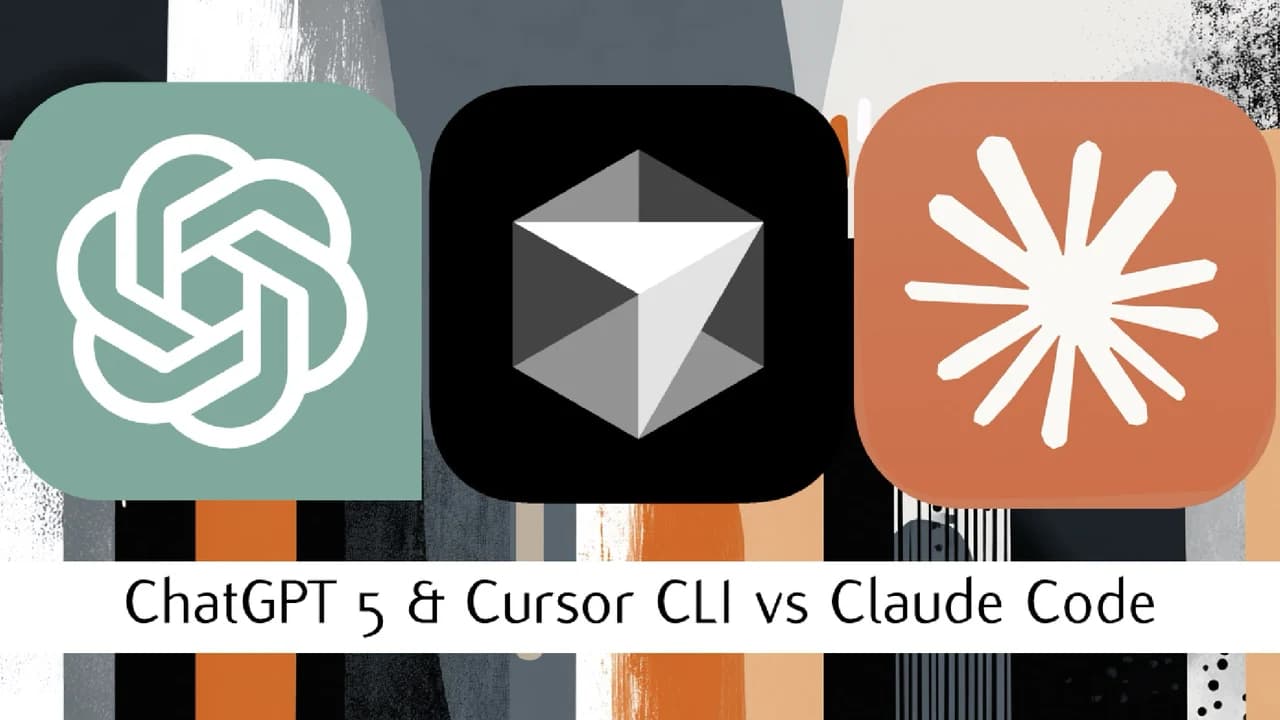AI Coding Models Show Divergent Strengths: GPT-5 Excels in Clean Code, Claude in Iterative Refinement within Cursor AI

A recent observation by developer Ryo Lu highlights the distinct operational philosophies of leading artificial intelligence models, GPT-5 and Claude, particularly when utilized for code generation within the Cursor AI environment. Lu's insights, shared via a social media post, suggest that while no single model is universally superior, their varied approaches cater to different developer needs and workflows.
According to Lu's tweet, "> gpt-5 thinks deep, then gives you a few lines of clean code." This suggests that the latest iteration of OpenAI's GPT series, even if still in a conceptual or early access phase as "GPT-5," is perceived to deliver highly refined and concise code after a thorough internal processing, minimizing the need for extensive post-generation cleanup. This characteristic aligns with the broader trend of advanced AI models aiming for higher accuracy and efficiency in initial outputs.
Conversely, Lu noted a different experience with Anthropic's Claude model, stating, "> claude often says “you’re right,” but gets it wrong and needs more iterations & clean up." This indicates that while Claude might be more conversational and agreeable in its interactions, its code generation for certain tasks may require more hands-on refinement and iterative correction from the developer. Recent versions of Claude, such as Claude 3.5 Sonnet, are recognized for their speed and large context windows, making them suitable for rapid development cycles, even if the initial output might need further tuning.
The developer concluded, "> there is no best model try them all in @cursor_ai," emphasizing that the optimal choice of AI model is subjective and depends on the specific task and developer preference. Cursor AI, an AI-powered code editor built on the Visual Studio Code framework, facilitates this experimentation by integrating various large language models, including different versions of GPT, Claude, Gemini, and DeepSeek. This platform allows users to seamlessly switch between models and leverage features like agent mode, codebase understanding, and smart rewrites, adapting the AI assistance to their coding style and project requirements. The differing strengths of these models underscore the evolving landscape of AI-assisted development, where developers increasingly benefit from a diverse toolkit to optimize productivity and code quality.